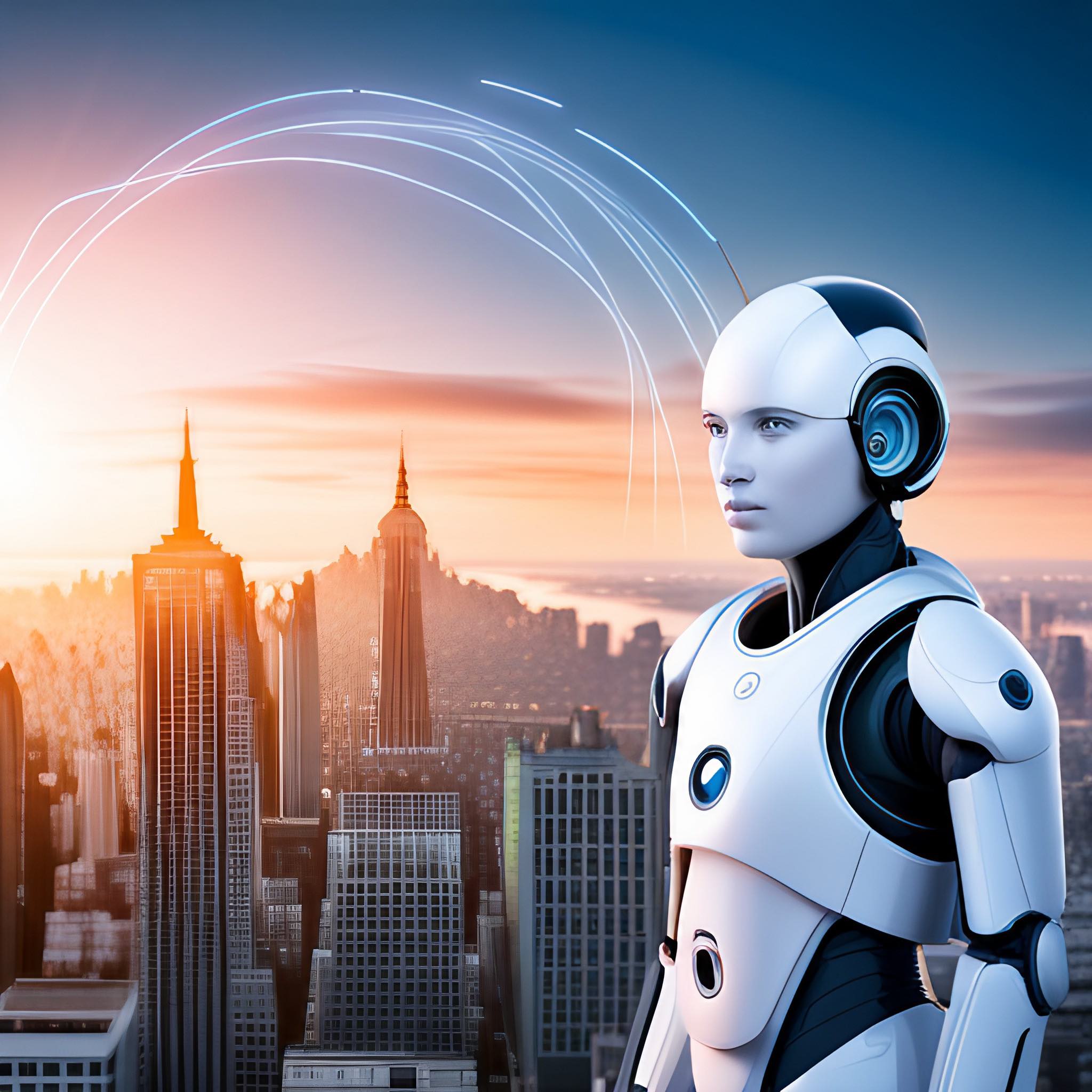In a surprising turn of events, Google, one of AI’s most prominent supporters, has cautioned its staff about the potential security risks associated with chatbots. The company has raised concerns regarding security leaks, even when utilizing its highly acclaimed chatbot, Bard. This revelation underscores the intricate challenges that arise from human-sounding programs leveraging generative artificial intelligence to engage in conversations and respond to various prompts.
According to a recent report from Reuters, the inherent risk stems from the fact that human reviewers often read these chat conversations, and researchers have discovered that similar AI systems can reproduce the data absorbed during training, thereby creating a leak risk. This revelation poses a significant threat to the privacy of user data and the broader business landscape.
Chatbot Security Risks: cautionary tale
Google’s caution can be seen as an attempt to mitigate potential harm to its business, given its ongoing competition with ChatGPT, supported by OpenAI and Microsoft Corp. The race between Google and its competitors holds immense financial stakes, encompassing billions of dollars in investments and the untapped potential of advertising and cloud revenues from emerging AI programs.
Furthermore, this move by Google aligns with the growing security standards corporations adopt worldwide. Many companies, including Samsung, Amazon.com, and Deutsche Bank, have established guardrails for AI chatbots, as confirmed by the companies in discussions with Reuters. While Apple did not respond to inquiries, reports suggest it has implemented similar precautions.
The concerns raised by Google’s internal warnings shed light on the broader issues surrounding AI systems. One significant challenge is their ability to replicate and amplify human biases, thus exacerbating discriminatory problems and reinforcing social inequalities. This poses a grave threat to developing economies, which often face limitations in technological advancements and are, therefore, unable to benefit equally from AI progress. Developed countries enjoy an additional advantage, as their jobs tend to be more skill-intensive and less easily replaceable.
Furthermore, the lack of transparency surrounding the functionality of AI programs makes it difficult to assess their fairness, accountability, and safety. Chatbot Security Risks are real, most AI systems are developed by private businesses, which adds another layer of complexity to evaluating their impact on individuals and society. AI systems’ storage and processing of vast amounts of personal data also raise legitimate concerns about data privacy and security.
As companies continue to explore and integrate AI technologies into their operations, the need for accountability becomes increasingly critical. The decisions made by AI systems can have far-reaching consequences, both at an individual level and on a societal scale. Establishing stringent safeguards and comprehensive evaluation mechanisms is essential to ensure that the benefits of AI are maximized while minimizing potential risks.
In light of Google’s recent warnings to its staff and the broader adoption of security standards by corporations globally, it is evident that the chatbot landscape demands increased attention and scrutiny. As AI evolves, it is vital to strike a delicate balance between innovation and accountability, as the repercussions of missteps in this domain can be profound.
The cautionary tale of Google serves as a wake-up call for AI backers, compelling them to reevaluate their strategies and prioritize establishing robust security measures and ethical frameworks when thinking about Chatbot Security Risks. The journey towards responsible and beneficial AI requires a collective effort, industry collaboration, and a relentless pursuit of transparency, fairness, and privacy protection.







